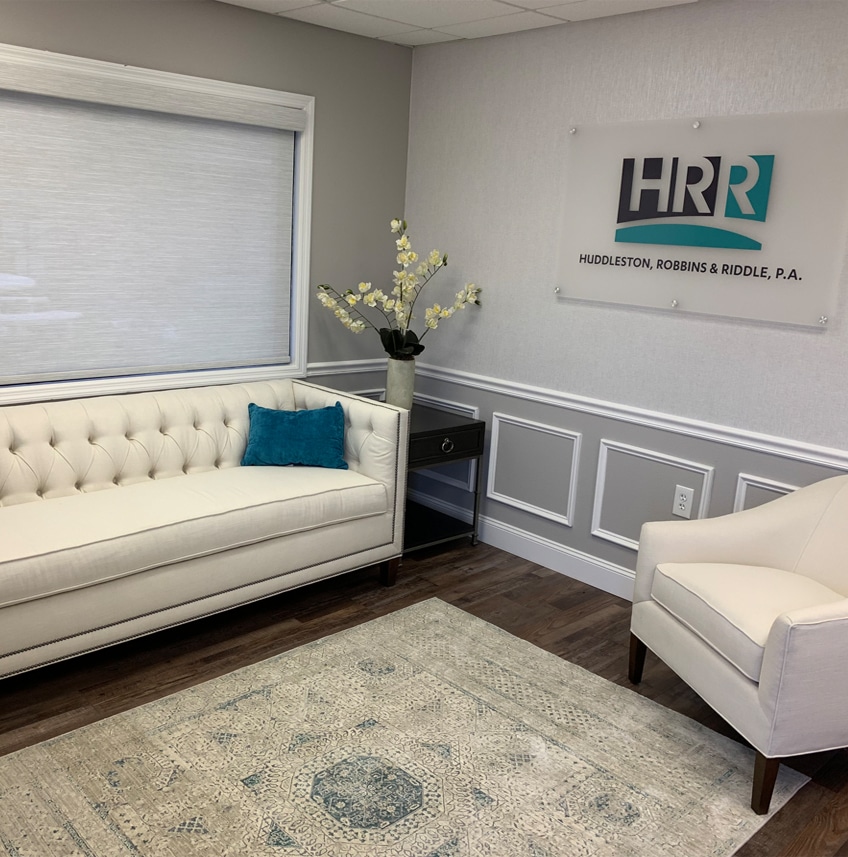Does the Social Security Administration Conduct Surveillance?

Category: Disability Law
- 22 Feb 2021
- Posted By admin
We have all seen the videos over the years of the insurance investigator or private detective following a person who has filed a claim. The video is “gotcha” in nature and it shows the supposedly injured person lifting heavy objects over their head and moving around just fine.
The SSA may, on occasion, employ investigators to make sure that the people applying for or receiving disability benefits are actually disabled and not misrepresenting themselves or their disability. They do not however run a huge surveillance ring where they track recipients.
The SSA relies on something called a Continuing Disability Reviews (CDR) to check in on recipients of disability payments. It is basically an audit of the situation to determine if the person still qualifies.
If the SSA does discover fraud during their review the case is then referred to the Department of Justice for criminal investigation.
Methods of Surveillance
Again, we want to stress that the SSA does not surveil every applicant and recipient. They may only perform surveillance on certain cases. The methods of surveillance used are as follows:
Direct Observation – This is where an agent can witness a person in public doing activities which they should not be able to according to their disability claim ,ie., lifting heavy objects, dancing, walking or jogging.
Video Surveillance – This is the actual video documentation of the person in question performing tasks or activities for which they should not be able to. A minute of video can be worth more than a thousand words.
Social Media – Yep. The easiest surveillance of them all is when people document themselves doing things that should be impossible according to their original claim. People post images and videos of themselves doing all types of activities and if they don’t then their friends do and tag them in the post.
Conclusion
The SSA’s goal is to help people who really need financial help because of a disability. They also want to be responsible in the handing out of these funds. So, it is only natural they follow up on cases to make sure the person(s) in question actually need the help.








